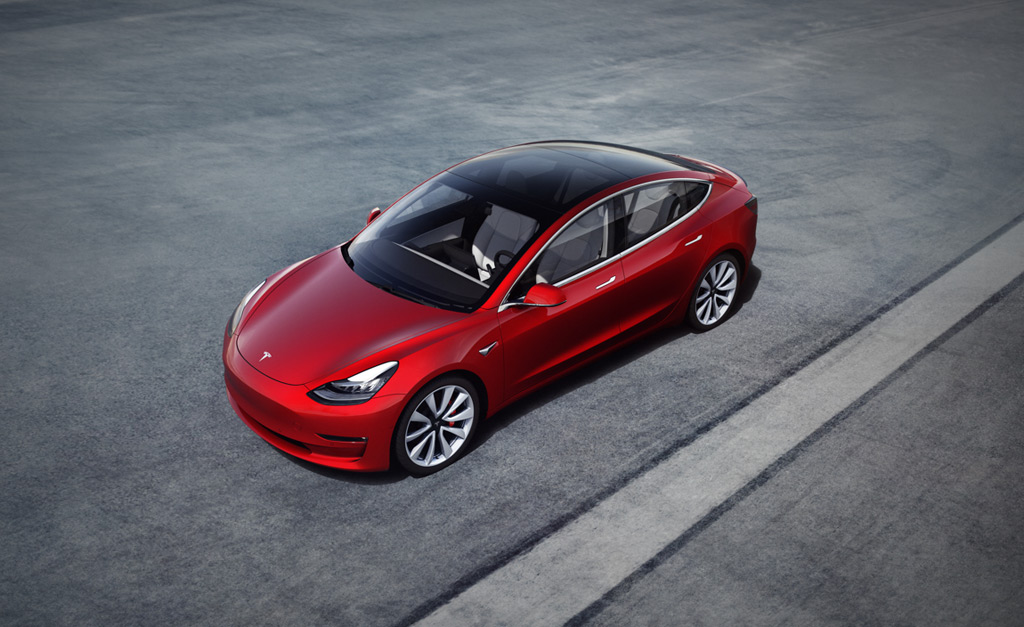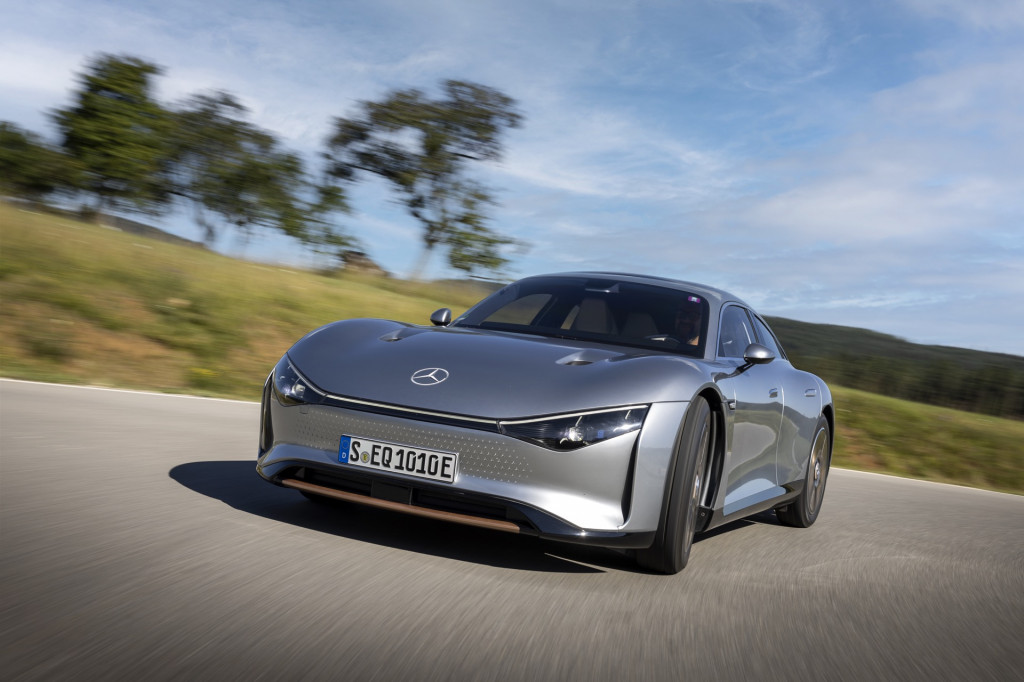EVs tend to weigh more than comparable internal-combustion models, which may require a rethink of highway guardrail designs, according to a new University of Nebraska-Lincoln (UNL) study.
For it, researchers conducted what they claim are the first-ever crash tests specifically looking at EVs and guardrails. The tests showed that guardrails previously tested with internal-combustion cars weighing up to 2,400 pounds and pickup trucks weighing 5,000 pounds might not be adequate for some heavier EVs.

2018 Tesla Model 3
In one test, conducted Oct.12, 2023, a Rivian R1T weighing about 7,000 pounds and moving at 60 mph “tore through the barrier with little reduction in speed,” according to a UNL press release. In another test conducted in September, a 2018 Tesla Model 3 “lifted the guardrail and passed below it,” the release said, “coming to rest behind the barrier.”
While the EVs tested don’t exceed the weight of the heavy-duty pickups many people are now using as daily drivers, weight is still a safety concern because these vehicles are designed to replace lighter cars and trucks. Even though EV fires tend to grab more headlines, weight is the real issue when it comes to safety.

Mercedes-Benz Vision EQXX
Removing weight from EVs may be challenging, though. As industry researchers have emphasized, cutting weight may rely on either advanced materials or more energy-dense batteries—neither of which are cheap, as of yet. And EVs are also being brought into a market that, thanks to federal gas-mileage rules, has rewarded automakers for selling larger vehicles.
Cutting EV weight could help efficiency as well as safety, though. As an analysis last year underscored, the lightest EVs are greenest, while the thirstiest (and heaviest) EVs are the worst for the environment—even relative to their greater passenger capacity, in many cases.

